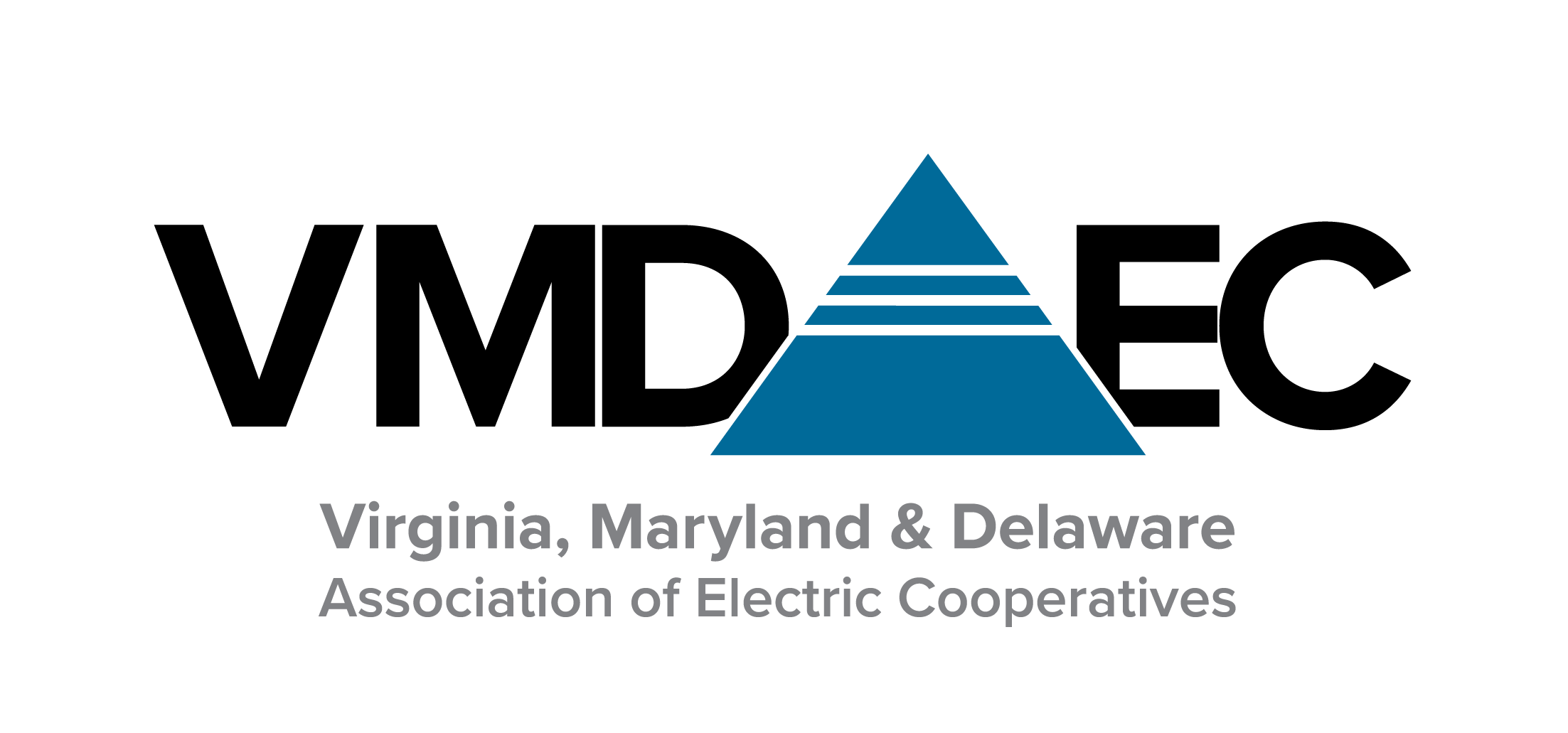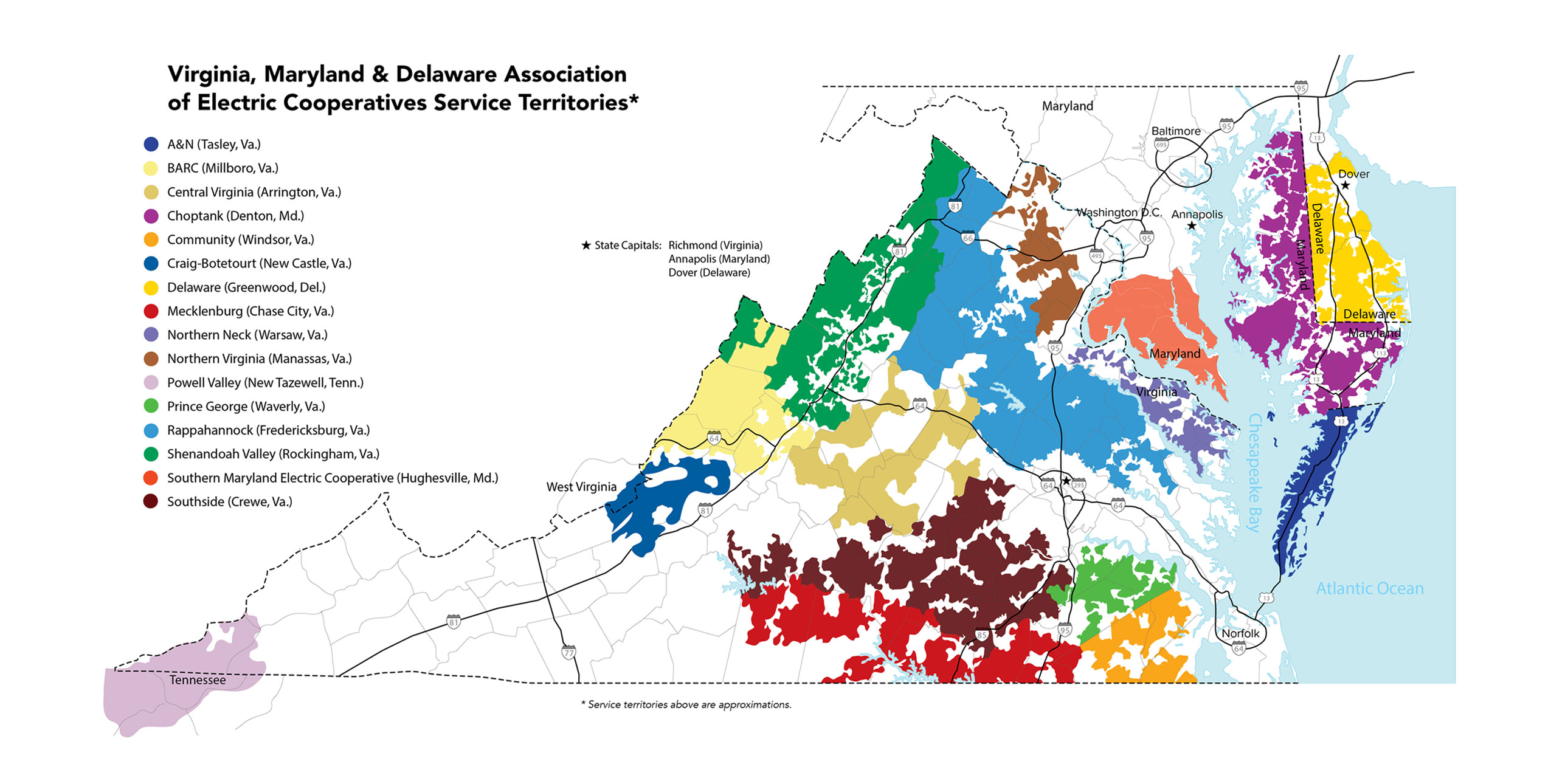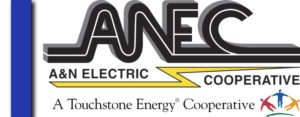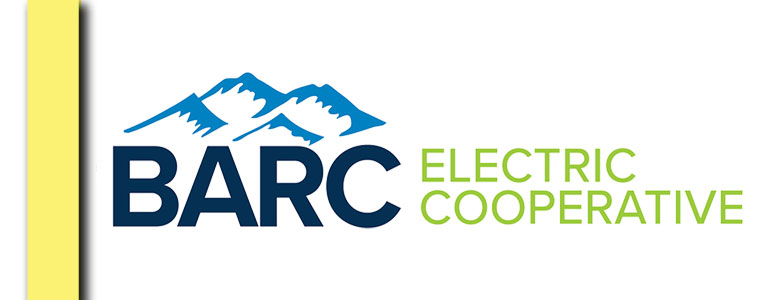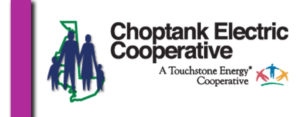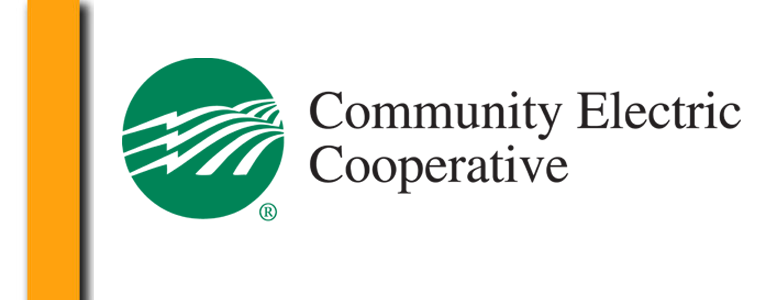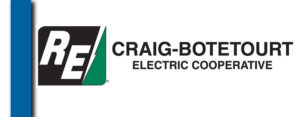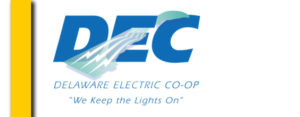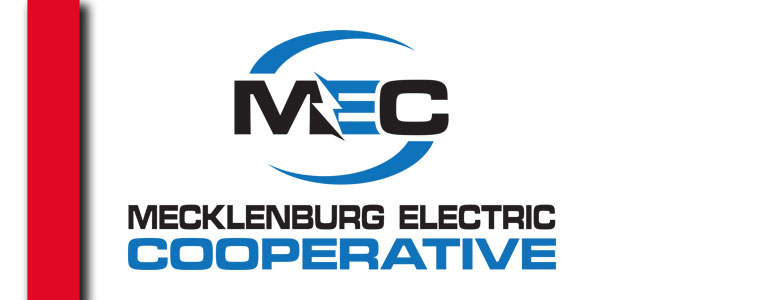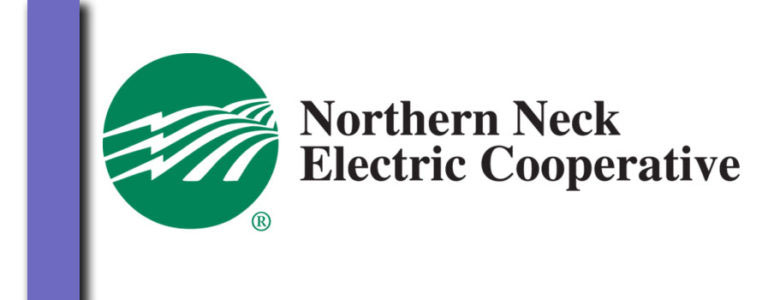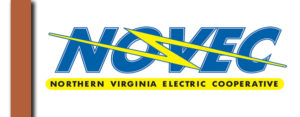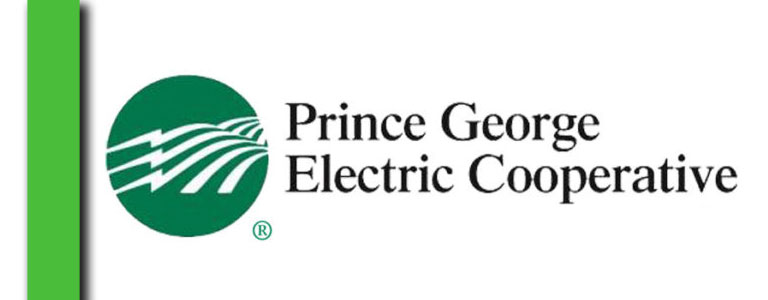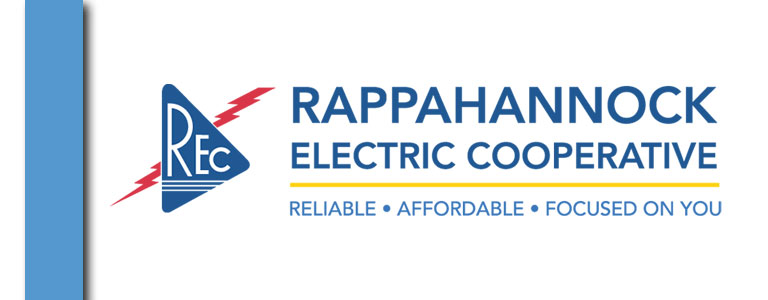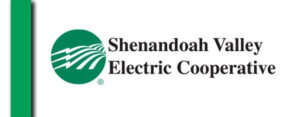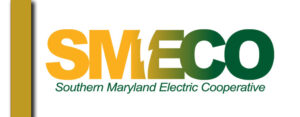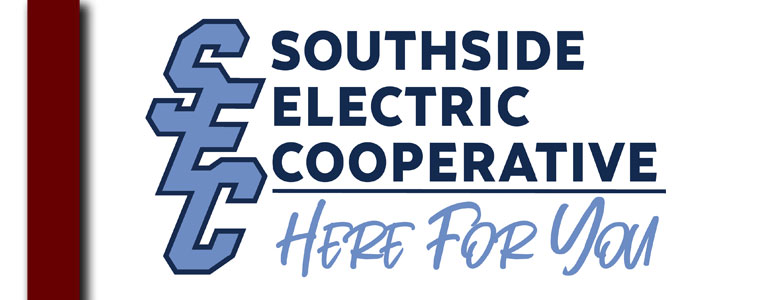VMDAEC Member Cooperative Service Territories
The Virginia, Maryland & Delaware Association of Electric Cooperatives is a trade association serving 16 member electric cooperatives in Virginia, Maryland and Delaware.
Color-coded service areas on the map match the color code beside the co-ops logo. Click on the logo to go to the cooperative’s website.
VMDAEC exists to serve the member-owned electric cooperatives in the three-state area. Thirteen co-ops in Virginia, two in Maryland and one in Delaware are members of the association.
The cooperative business model is unique in that co-ops are owned by the consumer-members they serve. More than 100 million people throughout the United States are members of 47,000 cooperatives. These cooperatives provide a wide array of goods and services such as health and child care, insurance, housing, food and agricultural products, fuels and petroleum products, finance through credit unions and other institutions, utility services and more.
All cooperative businesses, including VMDAEC and its member electric distribution cooperatives, are based on, guided by and adhere to the Seven Cooperative Principles listed below. All cooperative businesses adhere to these seven guiding principles which we value:
- Voluntary and Open Membership — Cooperatives are voluntary organizations, open to all persons able to use their services and willing to accept the responsibilities of membership without gender, social, racial, political or religious discrimination.
- Democratic Member Control — Cooperatives are democratic organizations controlled by their members, who actively participate in setting policies and making decisions. The elected representatives are accountable to the membership. In primary cooperatives, members have equal voting rights (one member, one vote) and cooperatives at other levels are organized in a democratic manner.
- Members’ Economic Participation — Members contribute equitably to, and democratically control, the capital of their cooperative. At least part of the capital is usually the common property of the cooperative. Members usually receive limited compensation, if any, on capital subscribed as a condition of membership. Members allocate surpluses for any or all of the following purposes: developing the cooperative, possibly by setting up reserves, parts of which at least would be indivisible; benefiting members in proportion to their transactions with the cooperative; and supporting other activities approved by the membership.
- Autonomy and Independence — Cooperatives are autonomous, self-help organizations controlled by their members. If they enter into agreements with other organizations, including governments, or raise capital from external sources, they do so on terms that ensure democratic control by their members and maintain their cooperative autonomy.
- Education, Training and Information — Cooperatives provide educational and training for their members, elected representatives, managers and employees so they can contribute effectively to the development of their cooperatives. They inform the general public, particularly young people and opinion leaders, about the nature and benefits of cooperation.
- Cooperation Among Cooperatives — Cooperatives serve their members most effectively and strengthen the cooperative movement by working together through local, national, regional and international structures.
- Concern for Community — While focusing on member’s needs, cooperatives work for the sustainable development of their communities through policy.

